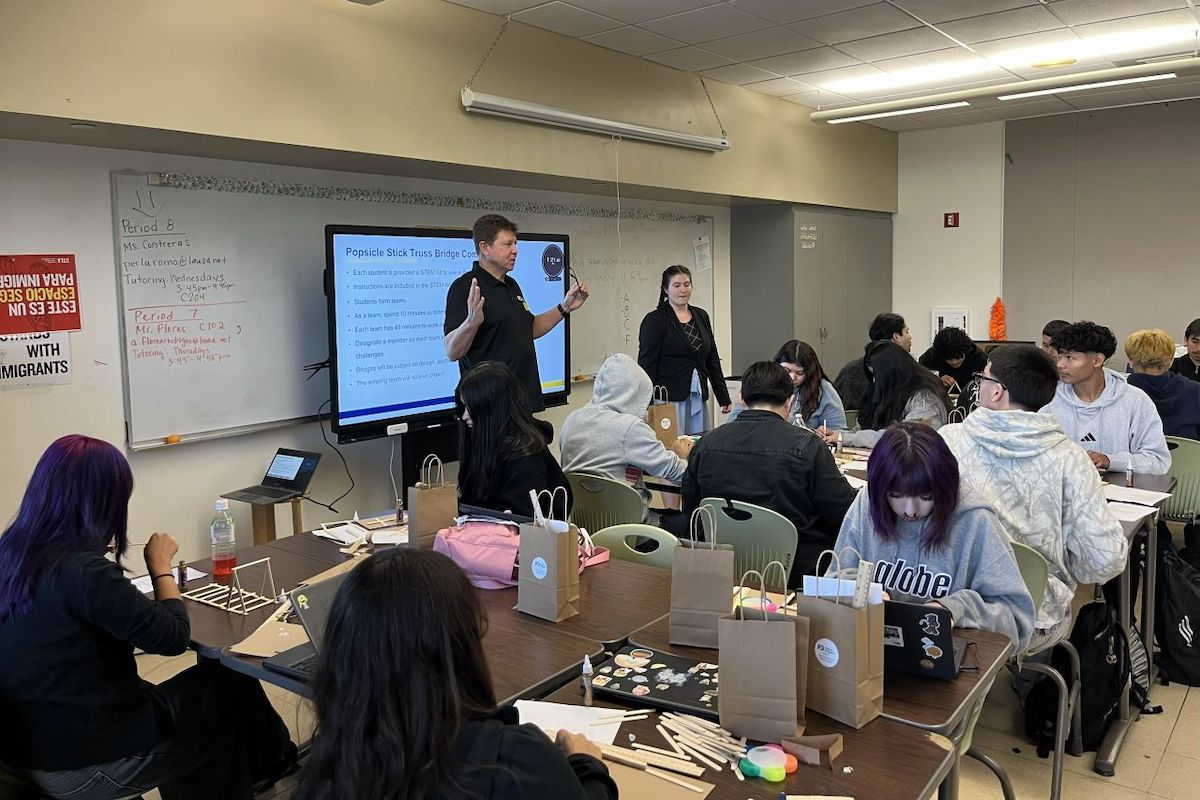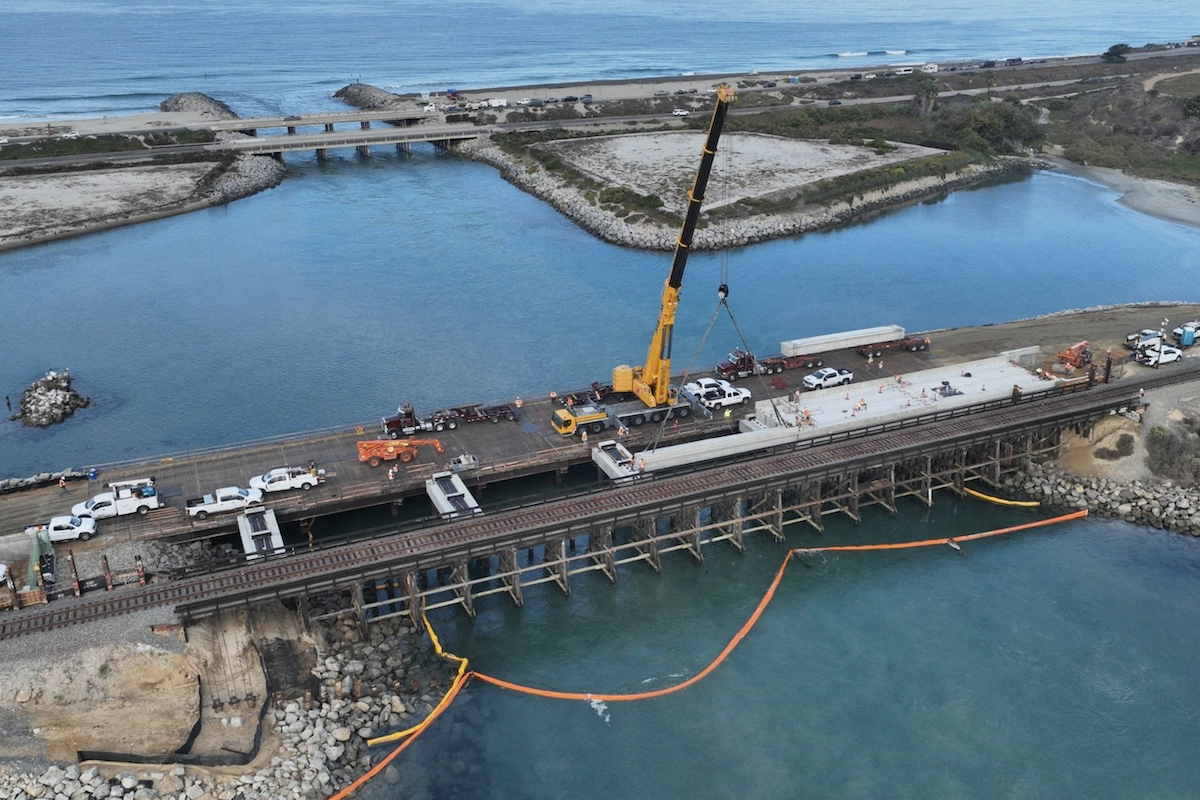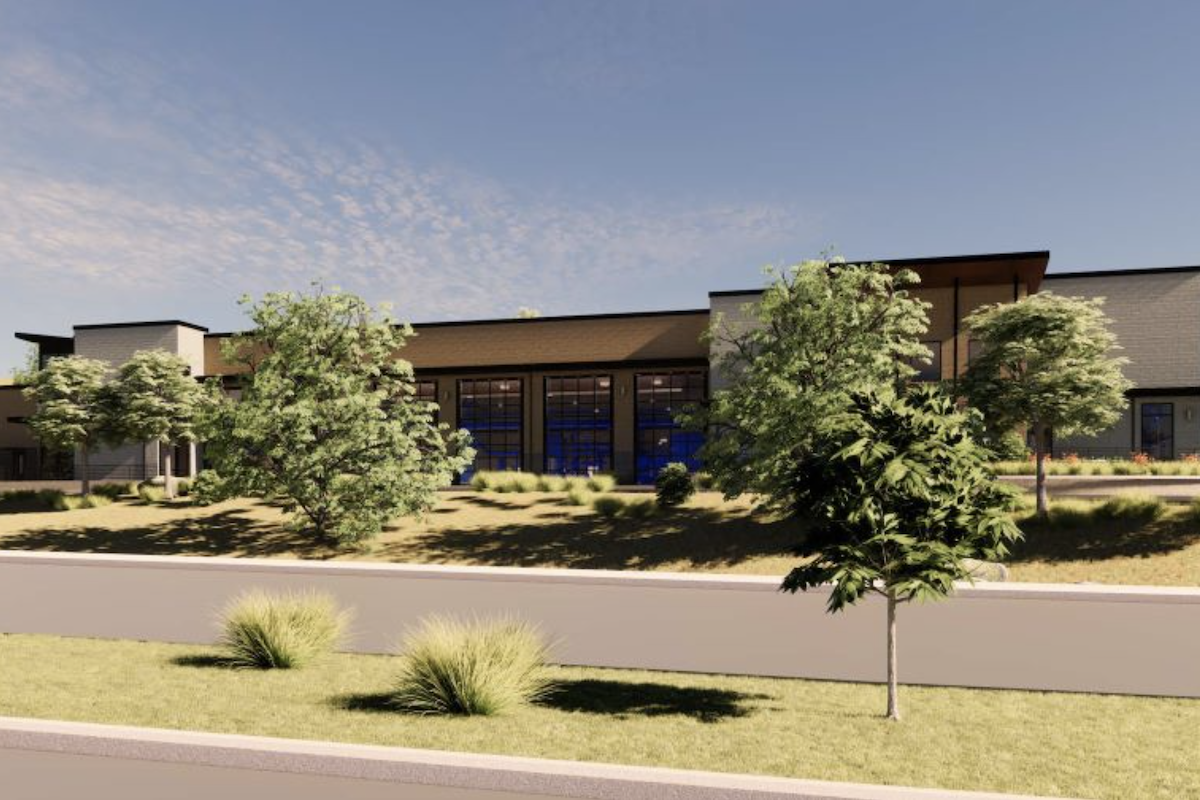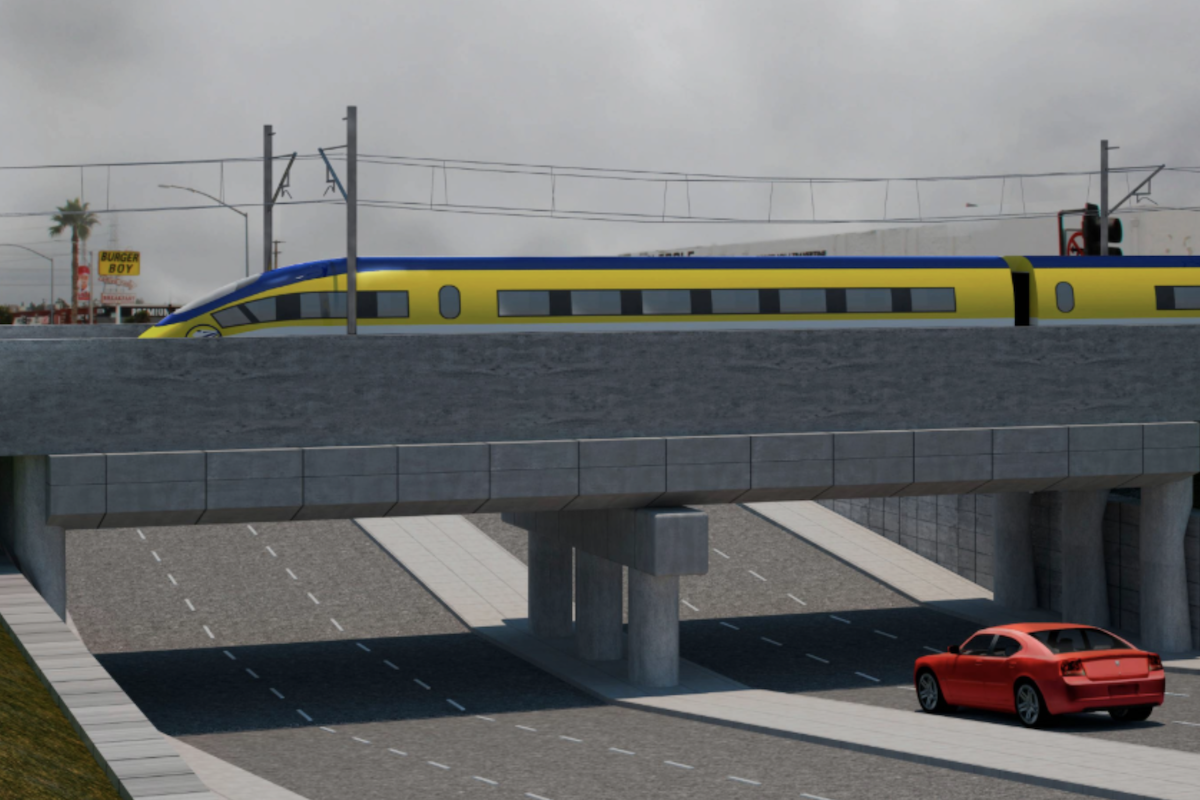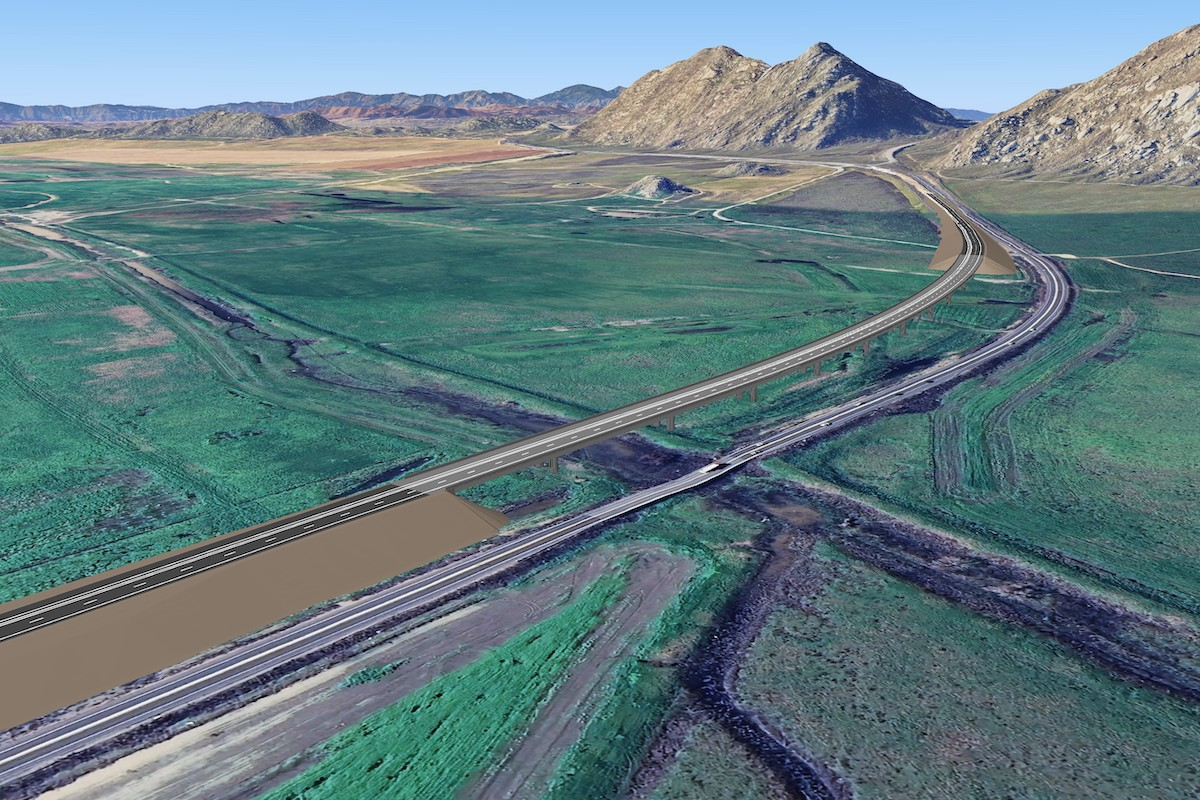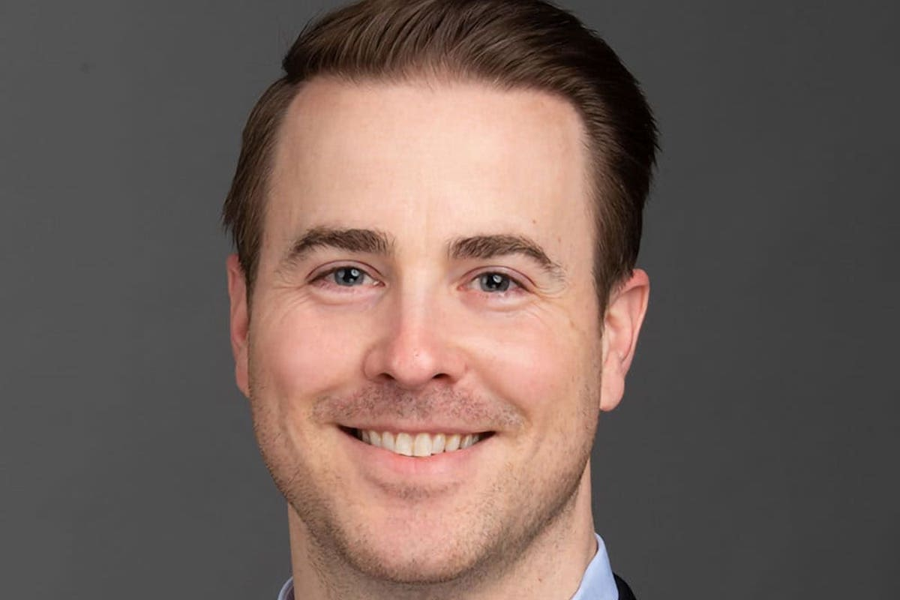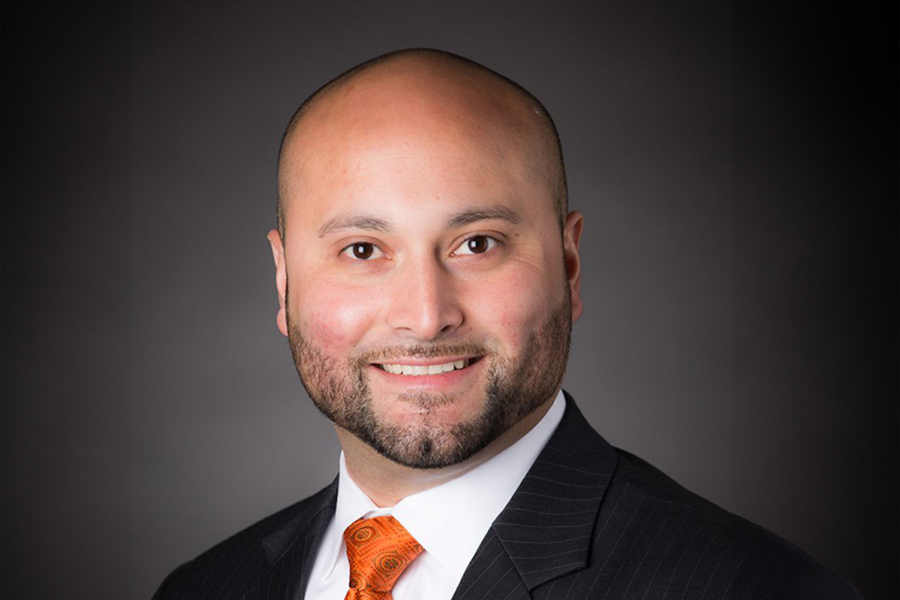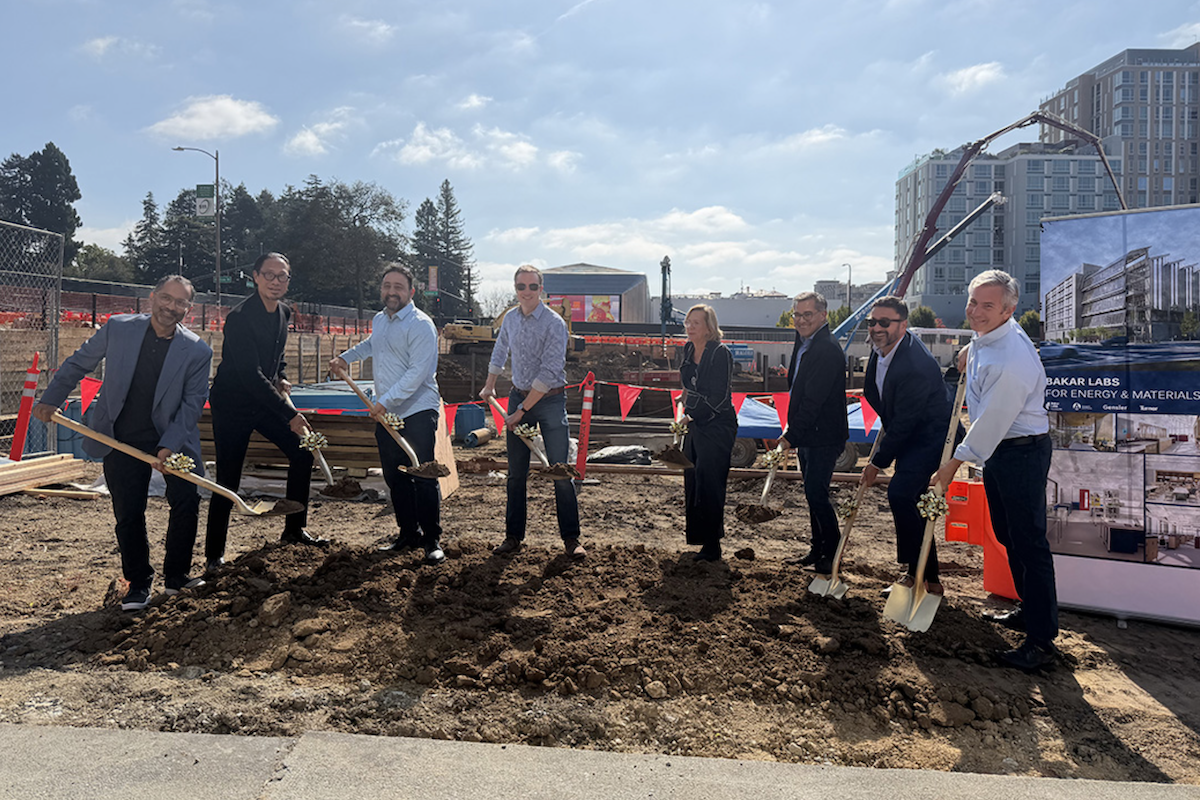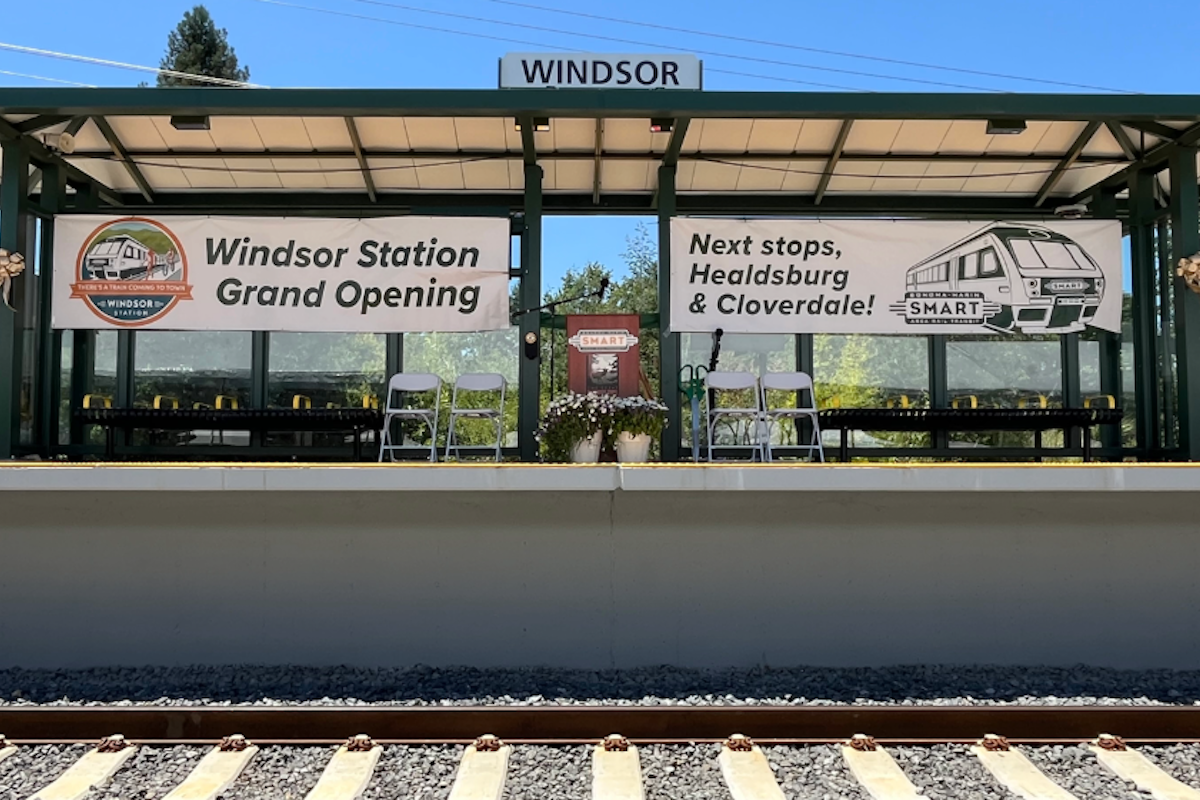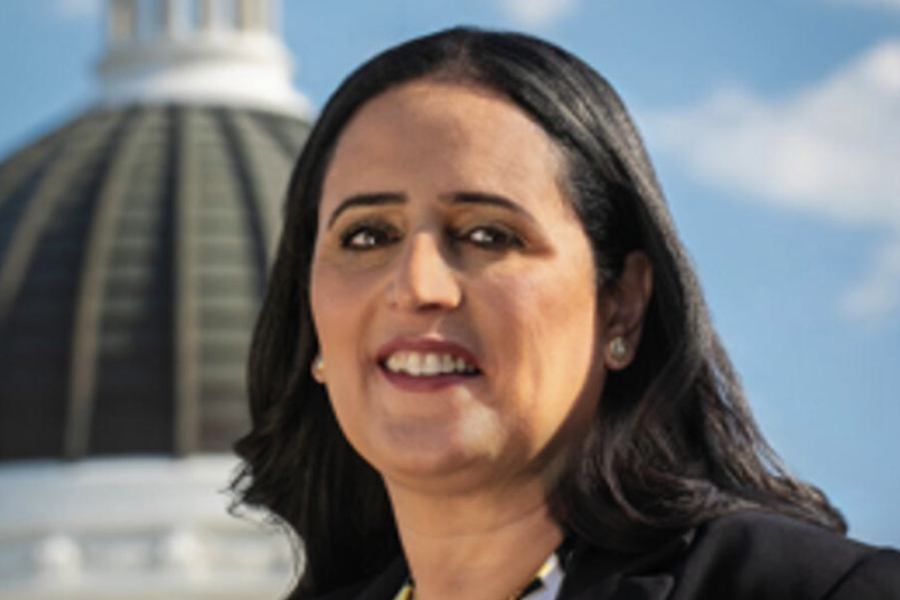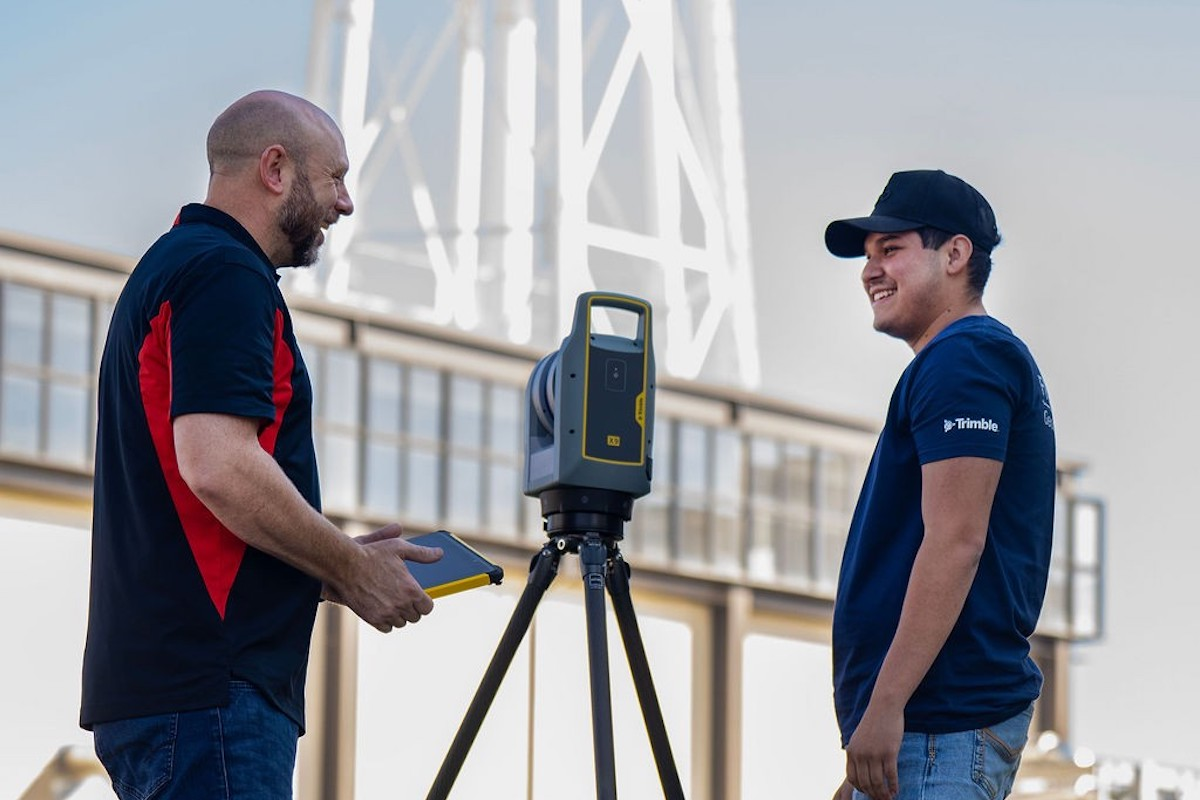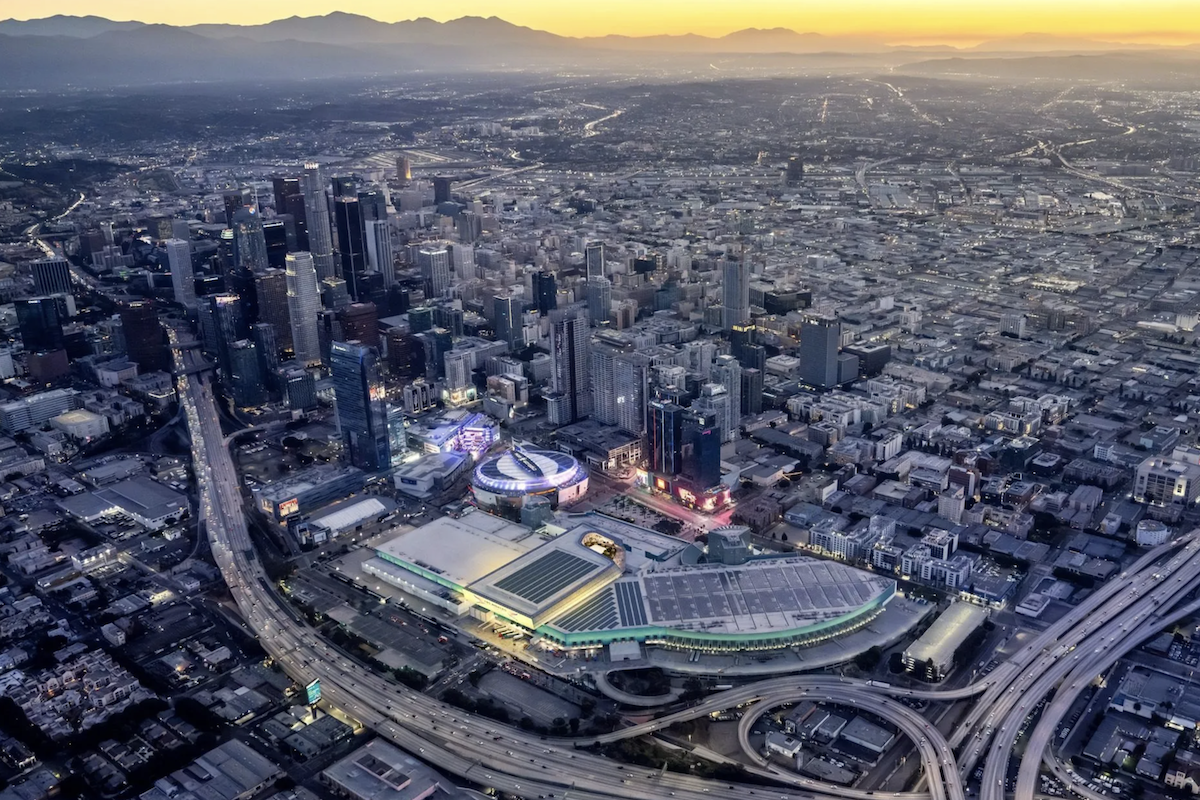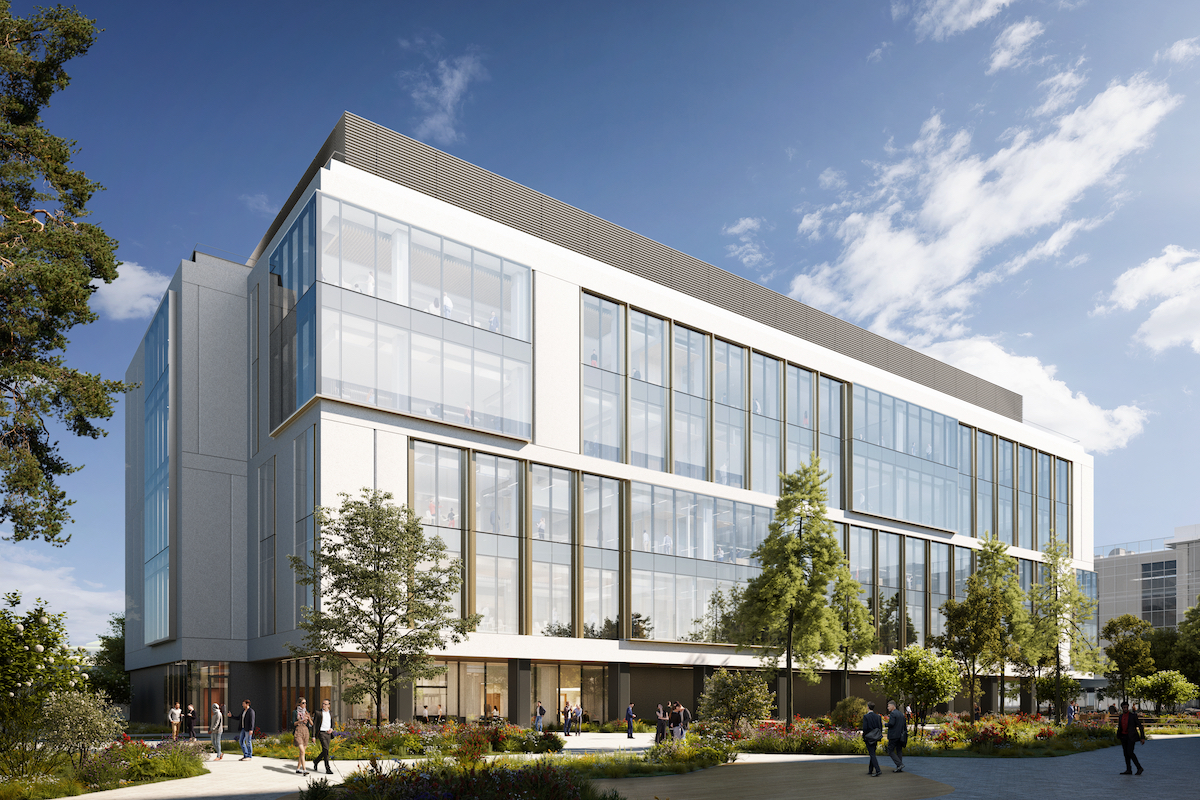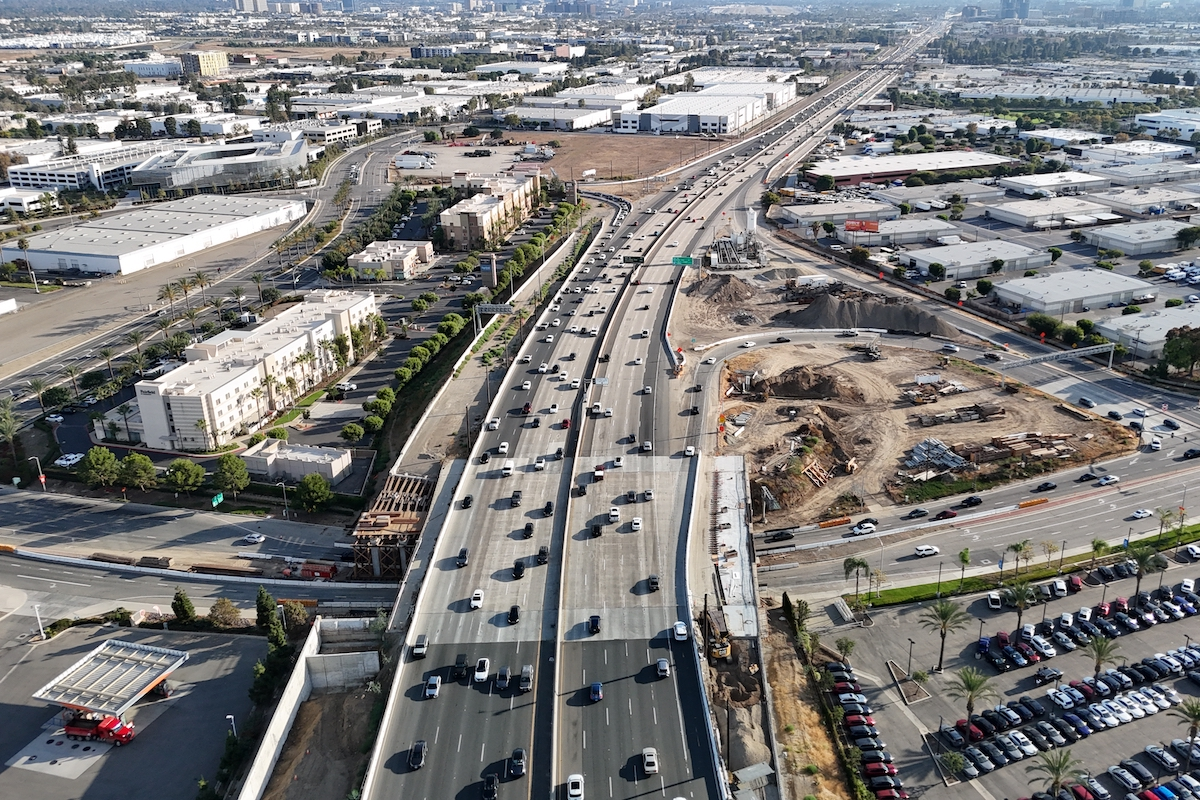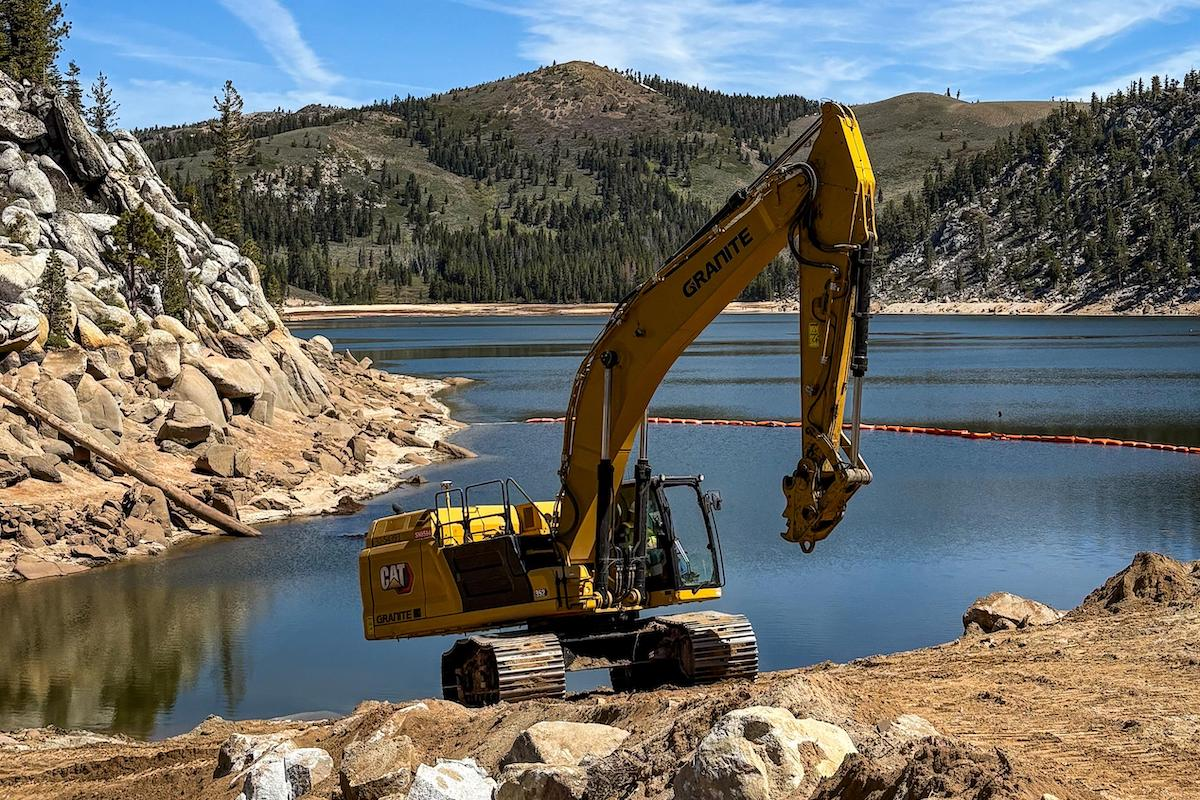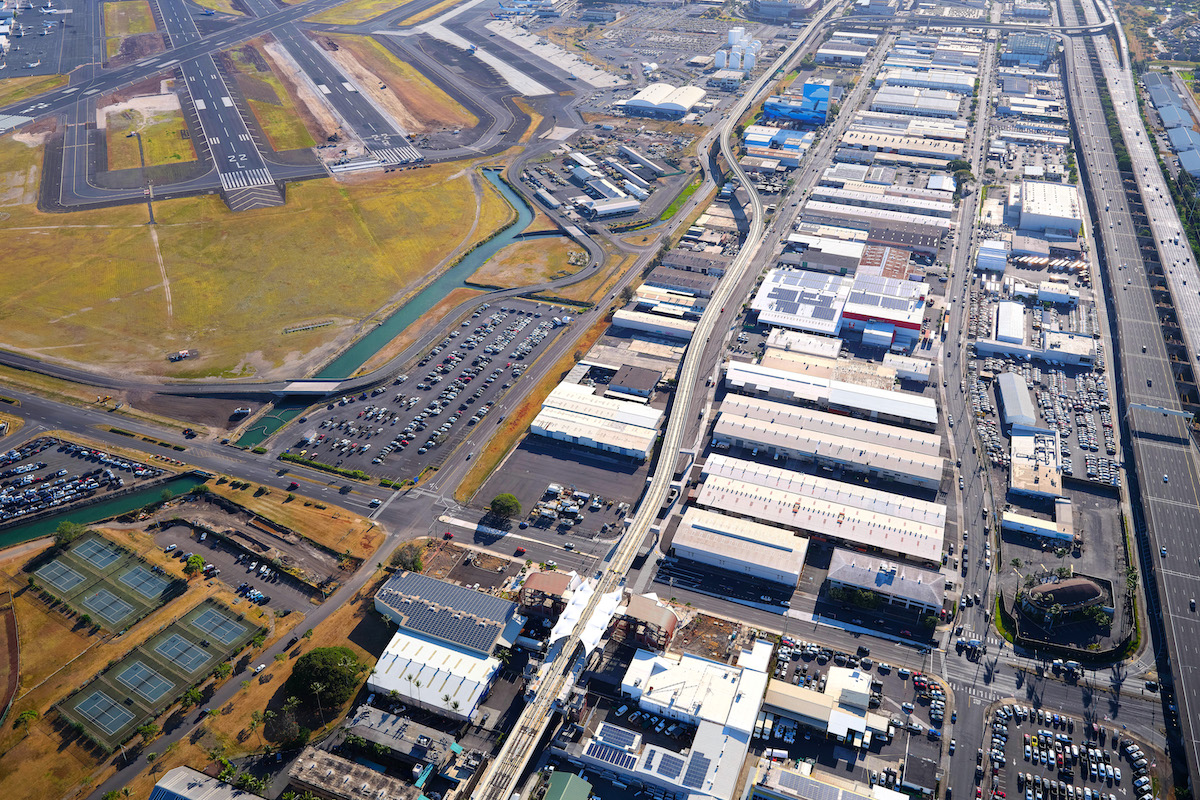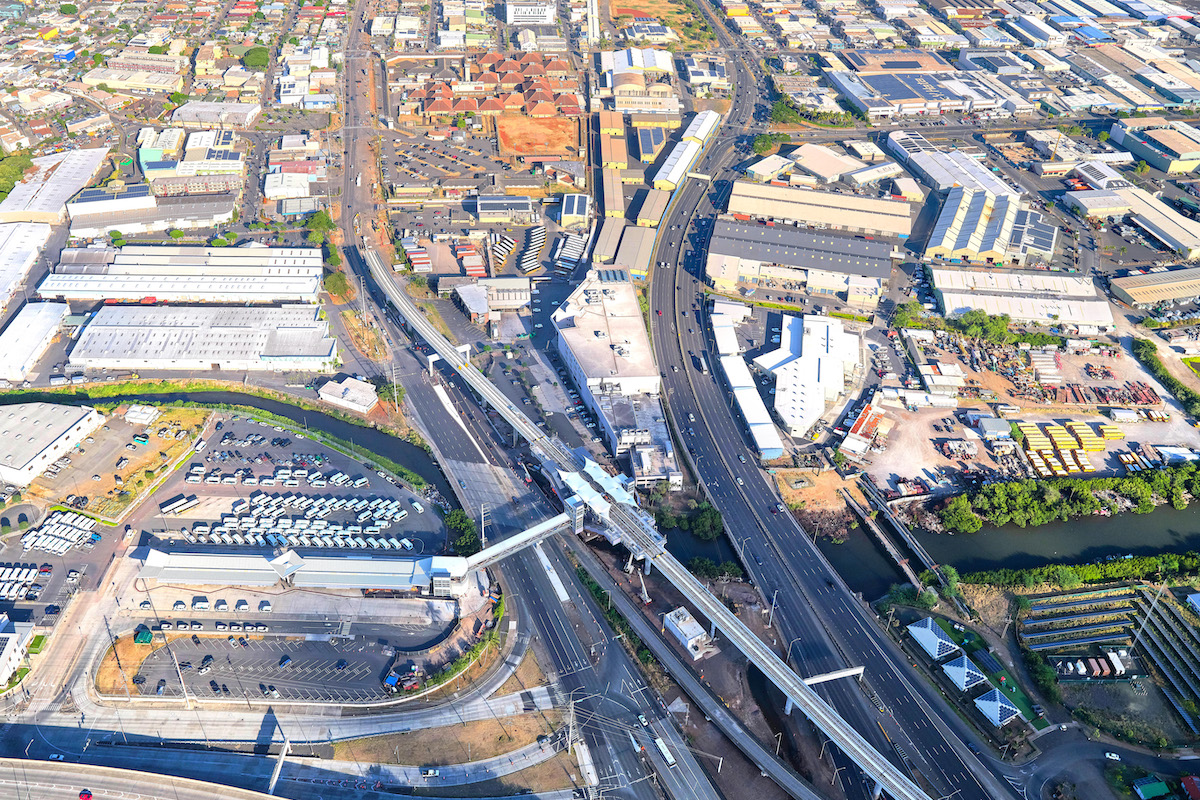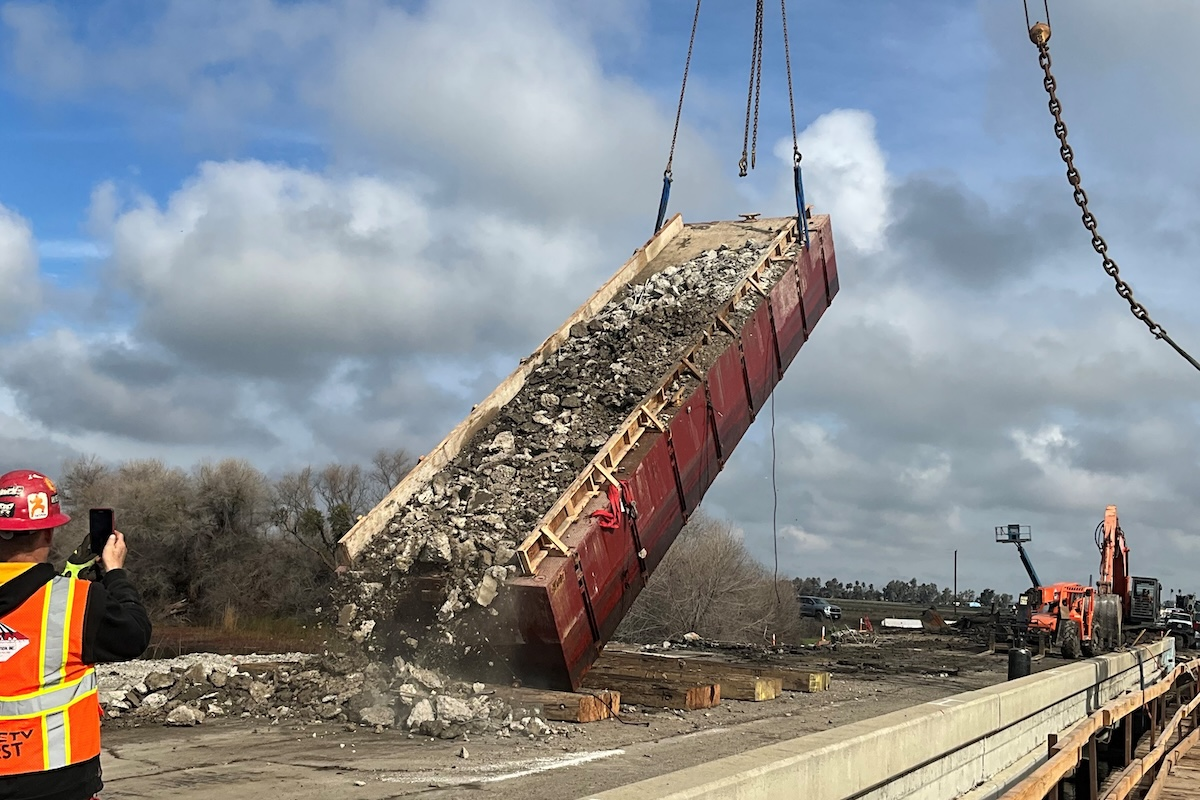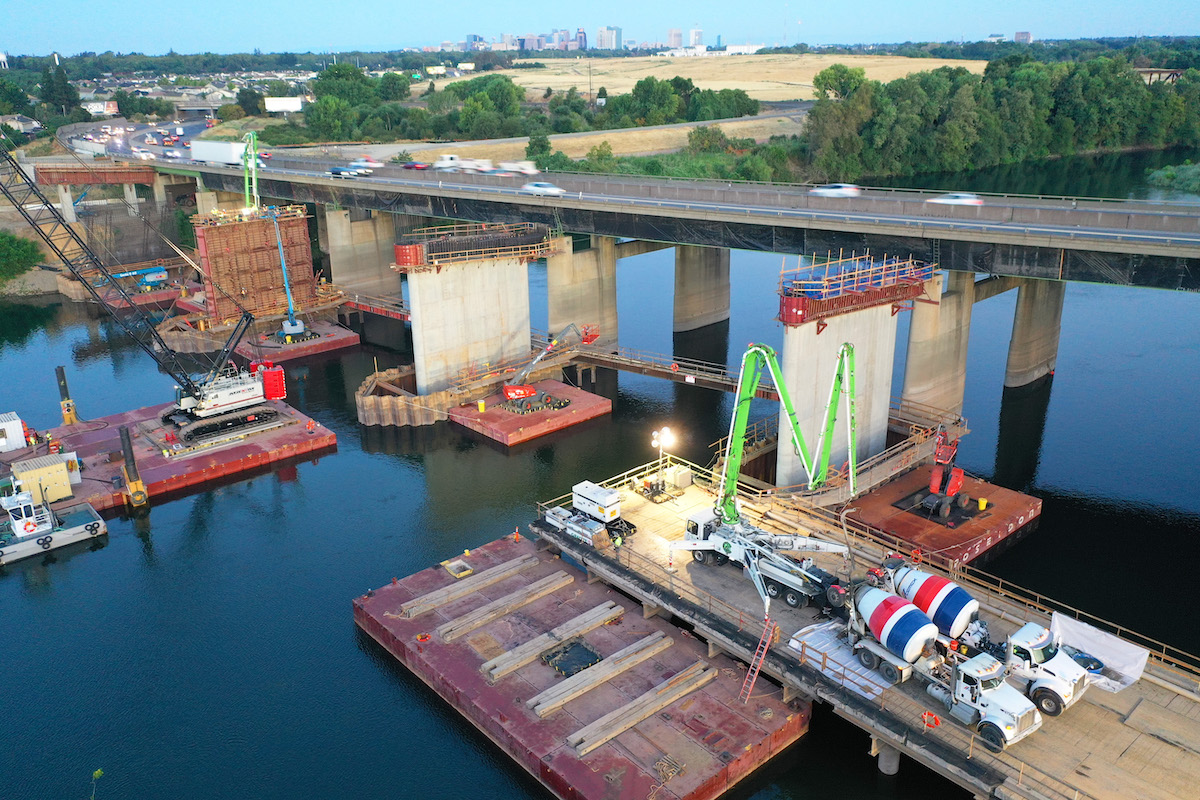Over the next several decades, researchers also project an increase in the frequency and intensity of storms like Hurricane Harvey, as well as more heat, droughts, and floods.
What will happen as twice as many people drive Texas roads, cool their homes, drink the water, wash their clothes, and shower? In the face of a hurricane, how will twice as many people safely evacuate? What if they can’t return to their homes?
To help Texas communities become more resilient and better prepared for population growth and climate change, the University of Texas (UT) at Austin undertook a multi-year, interdisciplinary research project called Planet Texas 2050 (PT2050). Launched in January 2018, the initiative brings together more than 100 researchers from more than two dozen disciplines – including archeology, architecture, biology, English, medicine, geology, engineering, and computer science – to conduct new research, launch educational programs, and partner with organizations and community groups throughout the state.
“Planet Texas’ grand challenge is to understand how climate change affects natural, social, and infrastructural systems, especially under the pressure of demographic shifts like those taking place in Texas,” said Heather Houser, past Chair of the PT2050 Organizing Committee and Associate Professor in the Department of English. “We’re also working with community partners to develop strategies for resilience that address – rather than exacerbate – systemic inequities.”

| Your local Gomaco dealer |
|---|
| Terry Equipment |
The roots of PT2050 go back to 2016. “Our former University President, Gregory Fenves, introduced an initiative with one overarching mission: break down academic silos and foster research that addresses the toughest questions facing humanity and the world,” said Dave Kramer, PT2050 Program Director.
Using the framework of a grand challenge, the university named the initiative Bridging Barriers. “Grand challenges are a relatively new trend as universities try to figure out how to bridge the gap between interdisciplinary research and societal issues,” Kramer said. However, “Bridging Barriers is unique in that every aspect – from concept to kickoff – has been dreamed and designed by UT researchers and their graduate students. Rather than dictating top-down what priorities researchers should have, we’re knitting it together.”
The initial 2016 call for research proposals resulted in more than 800 UT researchers submitting 125 concept papers, which were organized into broad themes. In 2017, Planet Texas 2050 took shape as UT’s first grand challenge. (See “Bridging Barriers” sidebar for additional grand challenges.) Coincidentally, Hurricane Harvey made landfall in Texas the same week the PT2050 leadership team finished their first research program proposal.
From the beginning, PT2050 focused on understanding the interconnectedness of four critical resource systems: water, energy, urbanization, and ecosystem services. The program’s initial work included a set of eight projects, then 17 more came from a second call in early 2019.
In early 2020, “We consolidated our research portfolio into six flagship projects, which we hope will result in deeper engagement with a variety of stakeholder communities,” said Fernanda Leite, 2020-2021 Chair of the PT2050 Organizing Committee and Associate Professor in the Department of Civil, Architectural, and Environmental Engineering. “The flagships are a result of focusing our efforts into a smaller set of projects which are bolder and tackle bigger issues.” (See “Flagship Projects” for details.)

| Your local Trimble Construction Division dealer |
|---|
| SITECH Southwest |
| SITECH West |
Kramer anticipates the flagship projects will wind down in 2024, followed by symposia and other avenues to share the findings.
After that, “We hope to continue working via external research grants,” Leite said. “So far, PT2050 has received research grants from Microsoft, National Science Foundation (NSF) Coastlines and People, NSF Smart and Connected Cities, Construction Industry Institute, and the Cynthia and George Mitchell Foundation.”
“These partnerships, which continue to flourish and expand as Planet Texas 2050 enters its next stage, ensure that resilience strategies are driven by the expertise and needs of communities and not only by academic research agendas,” Leite said. “For instance, these partnerships are helping address underinvestment in flood infrastructure and response in Austin’s Dove Springs neighborhood.”
A series of Resilience Roundtables cover topics such as environmental justice, flood modeling, and antiracist research. “These meeting grounds are essential to stimulating collaboration, sharing tools and methods, and building shared languages and goals among UT Austin affiliates and external partners,” Leite said.
PT 2050 researchers also work closely with the Texas Advanced Computing Center within the university. “That’s an important feature of the work we’re doing – a way to harness large datasets and do modeling that’s faster and better than what a human can do, using machine learning and artificial intelligence,” Kramer said.

| Your local Gomaco dealer |
|---|
| Terry Equipment |
So far, those efforts resulted in models that help evaluate the state’s water resources and make smarter evacuation decisions during hurricanes.
In addition, engineers produced high-resolution terrain data to better evaluate flood risks, and community planners created the Texas Metro Observatory platform, which gathers and communicates data to better understand and solve the problems facing rapidly urbanizing areas.
A wide range of publications, courses, and exhibitions communicate the results of the work and raise awareness. That includes innovative presentations such as a virtual reality simulation that shows what Texas could look like in the future in order to inspire changes on an individual level, and an escape room experience that engages participants in disaster preparation and response.
In fact, the state’s self-contained systems led to the name Planet Texas, Kramer said. “Texas is one of the only states with a fairly self-contained river system – most rivers in Texas originate in Texas. Many other natural and human systems, such as the state’s energy grid, are also more self-contained than what you find in other places, making them easier to isolate for study.”
The state’s geographic location also means it experiences many changes first. For example, “One PT2050 project looks at how tropical diseases are migrating northward,” Kramer explained. “Texas is one of the first states declared endemic for a soil-borne pathogen that in the past was only found in the Tropics. Because of climate change, it’s more hospitable for these organisms up here. There’s already some evidence of that kind of infection in other states like Louisiana and Florida.”

| Your local Gomaco dealer |
|---|
| Terry Equipment |
Since Texas isn’t the only place facing population and climate changes, “We’ll share our findings with others who face similar challenges,” Kramer said. “All the discoveries, tools, and recommendations the PT2050 team makes, together with our partners, will be applicable to researchers, organizations, and policymakers across the country and around the world.”
Sustainable Texas Communities
Co-led by Carmen Valdez, Associate Professor, Social Work and Population Health and Miriam Solis, Assistant Professor, Architecture
Partnering with diverse populations to research and discover locally led solutions to the climate crisis while identifying new green career pathways out of poverty
Biodiversity and Changing Landscapes
Co-led by Tim Keitt, Professor, Integrative Biology and Preston Wilson, Professor, Acoustics/Mechanical Engineering
Pioneering new methods to explain and predict changes in ecosystems by monitoring wildlife, weather, soil, disease-carrying pathogens, and more to better understand the effects of climate change and human activity on nature and human health
Resilient Cities in a Post-Carbon Future
Co-led by Fernanda Leite, Associate Professor, Civil, Architectural, and Environmental Engineering, and Katherine Lieberknecht, Assistant Professor, Architecture
Reimagining more equitable and resource-efficient metropolitan areas while safeguarding the food, fiber, fuel, and water that people and the planet depend on
Networks for Hazard Preparedness and Response
Co-led by Paola Passalacqua, Associate Professor, Civil, Architectural, and Environmental Engineering, and R. Patrick Bixler, Assistant Professor, LBJ School of Public Affairs
Preparing for floods and heat waves by designing new maps and tools that can be used by first responders, neighborhood associations, city governments, and planners

| Your local Gomaco dealer |
|---|
| Terry Equipment |
Integrated Models for Complex Decision-Making
Co-led by Suzanne Pierce, Research Scientist, Texas Advanced Computing Center; Clint Dawson, Director, Oden Institute for Computational Engineering and Sciences; and Dev Niyogi, Professor, Geological Sciences and Civil, Architectural, and Environmental Engineering
Developing new models that enable scientists, policy makers, city managers, and communities to harness vast amounts of data from a variety of sources to make effective and timely climate-related decisions
Stories of Ancient Resilience
Co-led by Adam Rabinowitz, Associate Professor, Classics; Daniel Breecker, Associate Professor, Geological Sciences; Melissa Kemp, Assistant Professor, Integrative Biology; and Sheryl Luzzadder-Beach, Professor, Geography
Re-examining the past to inspire a new vision of human resilience and effective response to the climate crisis.
- Community Powered Workshop, an Austin-based nonprofit working to promote a healthy future and break barriers of systemic injustice
- EcoRise, an Austin nonprofit working to inspire a new generation of green leaders
- Go Austin Vamos Austin, a coalition of residents, community leaders, and nonprofits working to break down barriers to healthy living and strengthen neighborhood stability
- Southeast Texas Flood Coordination Study, a collaborative project designed to help the region improve resiliency during large-scale flooding events
- Texas Water Development Board, the state’s water planning and water project financing agency
- Jay Banner, Professor, Geological Sciences
- Tim Keitt, Professor, Integrative Biology
- Fernanda Leite, Associate Professor, Civil, Architectural, and Environmental Engineering
- Katherine Lieberknecht, Assistant Professor, School of Architecture
- Dev Niyogi, Professor, Geological Sciences and Civil, Architectural, and Environmental Engineering
- Suzanne Pierce, Research Scientist, Texas Advanced Computing Center
- Adam Rabinowitz, Associate Professor, Classics
- Miriam Solis, Assistant Professor, School of Architecture
- Whole Communities-Whole Health – Focused on changing the way science helps society thrive and making sure that cutting-edge advances in behavioral and health sciences reach the children and families who need them most
- Good Systems – Focused on designing socially beneficial artificial intelligence systems based on values such as transparency, trust, agency, equality, justice, and democracy















